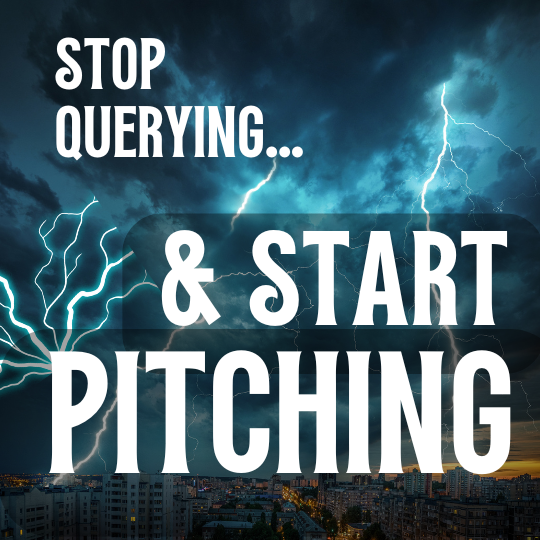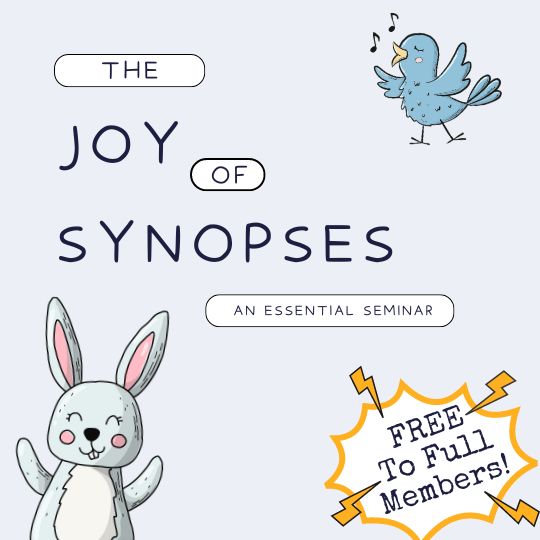Paul Whybrow
Full Member
I’m labouring through making my books discoverable this year, by self-promoting and generally putting myself about a bit!
For any author, it’s a hard lesson to learn that it’s not the quality of one’s writing that brings success, it’s more how skilled you are at attracting attention to that story.
We had a look at advertising in an old thread started by @Rachel Caldecott-Thornton
https://colony.litopia.com/threads/this-might-be-interesting-and-it-is-free.6194/#post-73457
And in this thread.
But that was about five years ago and things have changed a lot since then thanks to Covid-19 and lockdown.
I’ve been reading the advice given by two writing gurus who I trust, Jane Friedman in The Business of Being a Writer, and Joanna Penn in her Successful Self-Publishing.
Both are in favour of Facebook ads, which surprised me a bit, as there’s widespread criticism of them online, but there’s also plenty of advice on how to fix their poor performance, much of which suggests giving your advertisement campaign time to work—don’t expect instant results.
For example Why Facebook Ad Campaigns Fail and How to Fix Them
Other writers are vociferous in their condemnation of Facebook ads:
Everything Popular Is Wrong: Why Facebook Ads Don’t Work
I know from having done advertising for various companies, libraries and a community centre that most people don’t take in what an ad is saying until they’ve seen it many times. It’s called Effective Frequency.
In 1885, Thomas Smith wrote a guide called Successful Advertising. His saying is still used today.
The first time people look at any given ad, they don't even see it.
The second time, they don't notice it.
The third time, they are aware that it is there.
The fourth time, they have a fleeting sense that they've seen it somewhere before.
The fifth time, they actually read the ad.
The sixth time they thumb their nose at it.
The seventh time, they start to get a little irritated with it.
The eighth time, they start to think, "Here's that confounded ad again."
The ninth time, they start to wonder if they're missing out on something.
The tenth time, they ask their friends and neighbors if they've tried it.
The eleventh time, they wonder how the company is paying for all these ads.
The twelfth time, they start to think that it must be a good product.
The thirteenth time, they start to feel the product has value.
The fourteenth time, they start to remember wanting a product exactly like this for a long time.
The fifteenth time, they start to yearn for it because they can't afford to buy it.
The sixteenth time, they accept the fact that they will buy it sometime in the future.
The seventeenth time, they make a note to buy the product.
The eighteenth time, they curse their poverty for not allowing them to buy this terrific product.
The nineteenth time, they count their money very carefully.
The twentieth time prospects see the ad, they buy what is offering.
What I’ve said about Facebook ads could also be applied to taking out paid advertising on Kindle and other bookselling sites.
I’m beginning to think that it might be best to simply promote my books via social media posts and tweets.
If you’re a self-published author, have you taken out any paid advertising and what were the results?

For any author, it’s a hard lesson to learn that it’s not the quality of one’s writing that brings success, it’s more how skilled you are at attracting attention to that story.
We had a look at advertising in an old thread started by @Rachel Caldecott-Thornton
https://colony.litopia.com/threads/this-might-be-interesting-and-it-is-free.6194/#post-73457
And in this thread.
But that was about five years ago and things have changed a lot since then thanks to Covid-19 and lockdown.
I’ve been reading the advice given by two writing gurus who I trust, Jane Friedman in The Business of Being a Writer, and Joanna Penn in her Successful Self-Publishing.
Both are in favour of Facebook ads, which surprised me a bit, as there’s widespread criticism of them online, but there’s also plenty of advice on how to fix their poor performance, much of which suggests giving your advertisement campaign time to work—don’t expect instant results.
For example Why Facebook Ad Campaigns Fail and How to Fix Them
Other writers are vociferous in their condemnation of Facebook ads:
Everything Popular Is Wrong: Why Facebook Ads Don’t Work
I know from having done advertising for various companies, libraries and a community centre that most people don’t take in what an ad is saying until they’ve seen it many times. It’s called Effective Frequency.
In 1885, Thomas Smith wrote a guide called Successful Advertising. His saying is still used today.
The first time people look at any given ad, they don't even see it.
The second time, they don't notice it.
The third time, they are aware that it is there.
The fourth time, they have a fleeting sense that they've seen it somewhere before.
The fifth time, they actually read the ad.
The sixth time they thumb their nose at it.
The seventh time, they start to get a little irritated with it.
The eighth time, they start to think, "Here's that confounded ad again."
The ninth time, they start to wonder if they're missing out on something.
The tenth time, they ask their friends and neighbors if they've tried it.
The eleventh time, they wonder how the company is paying for all these ads.
The twelfth time, they start to think that it must be a good product.
The thirteenth time, they start to feel the product has value.
The fourteenth time, they start to remember wanting a product exactly like this for a long time.
The fifteenth time, they start to yearn for it because they can't afford to buy it.
The sixteenth time, they accept the fact that they will buy it sometime in the future.
The seventeenth time, they make a note to buy the product.
The eighteenth time, they curse their poverty for not allowing them to buy this terrific product.
The nineteenth time, they count their money very carefully.
The twentieth time prospects see the ad, they buy what is offering.
What I’ve said about Facebook ads could also be applied to taking out paid advertising on Kindle and other bookselling sites.
I’m beginning to think that it might be best to simply promote my books via social media posts and tweets.
If you’re a self-published author, have you taken out any paid advertising and what were the results?

Last edited:




